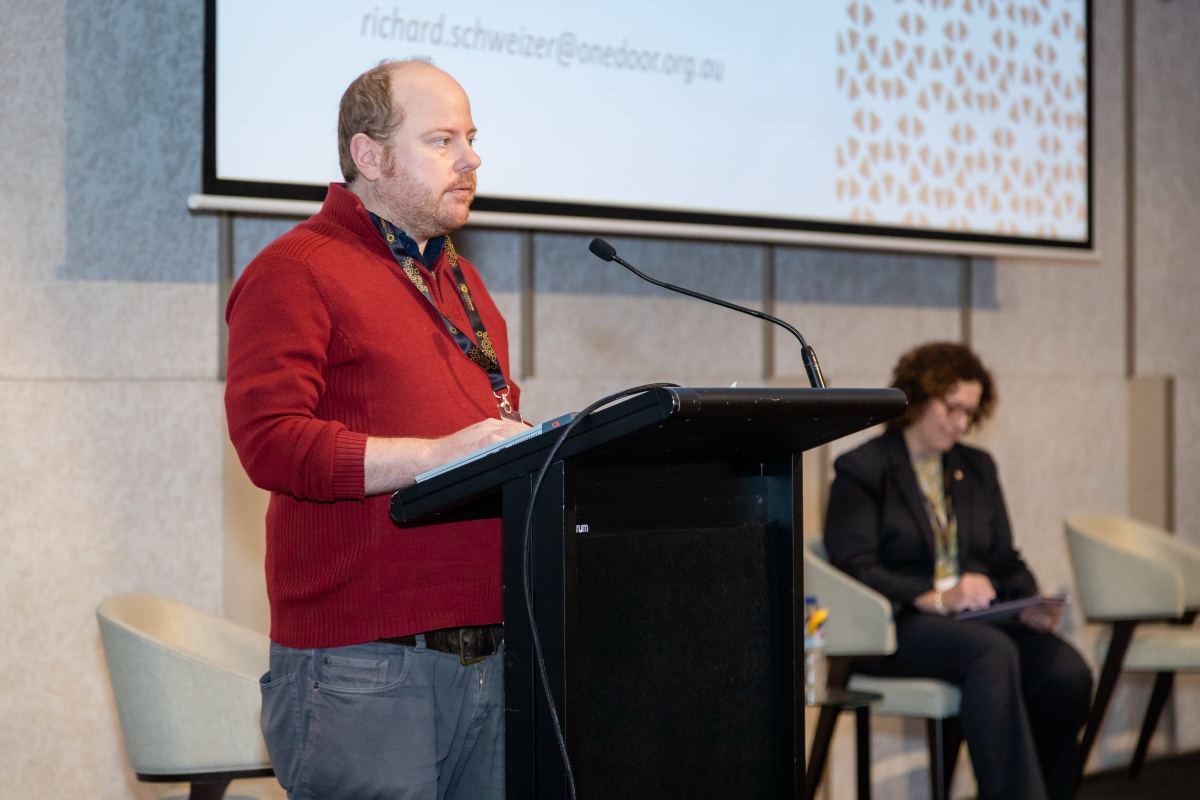Menopause and Schizophrenia
Menopause is the period in a woman's life (typically between the ages of 45 and 50) when menstruation ceases. During this period, a woman’s body produces changed levels of several hormones, including estrogen, progesterone and testosterone. As a result of hormonal (and perhaps simultaneous changes in lifestyle with age) menopause can bring with it bodily experiences such as anxiety, mood swings, brain fog, fatigue, poor memory, hot flushes and irregular periods. These experiences can begin some time before period stops and can carry on afterwards.
Menopause has also been observed in some cases to be linked to the worsening of certain mental health issues. This can include the worsening of existing mood disorders, such as anxiety or depression. In some cases menopause has been associated with the worsening of symptoms of psychotic illness – primarily schizophrenia and schizoaffective disorders – or bipolar disease. In a few cases, menopause can coincide with the development of a new mood disorder and, in fewer cases, to the onset of psychotic illness or bipolar. That is to say, there is some evidence that menopause may be involved in the development of entirely new serious mental illness such as schizophrenia in a very small percentage of people1.
In these cases, it is often suspected that changes in a woman’s hormonal levels may contribute to processes in the brain related to psychotic disorder2. Brzezinski-Sinai and Brzezinski (2020) document literature pointing to changes in estrogen, progesterone and (possibly) testosterone that may be related to the onset of psychotic illness. They find that “[t]here are well-established differences in the expression of schizophrenia in women and men… many of which have been attributed to the action of estrogen” , and that estrogen may have a “neuroprotective” effect. The role of progesterone has been given less consideration in the literature than estrogen3. They cite articles showing that progesterone may have either a neuroprotective effect or a disruptive effect, and a study suggesting that baseline levels of progesterone were significantly higher in first-episode antipsychotic-naïve patients with schizophrenia than in normal controls. Further research into the role played by testosterone was needed.
Treatments of menopausal psychosis generally fall into two groups. The first is hormone replacement therapy4, that seeks to normalize hormone levels that may contribute to the neurochemistry of psychotic illness. The success of such therapy suggests a strong hormonal basis for development of psychotic illness, and may have implications for the treatment of psychosis more widely. The second treatment is straightforward anti-psychotic medication, which can result in the dampening or removal of psychotic symptoms5 but may bring with it other unwanted side-effects. It is also recommended that women with menopause and either existing or newly-developed psychotic illness be screened for common co-morbidities such as cardiac and metabolic ill-health. There is very little literature on non-pharmaceutical interventions for menopausal psychosis.
1Gupta, R., Assalman, I. and Bottlender, R., 2012. Menopause and schizophrenia. Menopause International, 18(1), pp.10-14.
2Brzezinski-Sinai, N.A. and Brzezinski, A., 2020. Schizophrenia and sex hormones: what is the link?. Frontiers in Psychiatry, 11, p.693.
3Maric N, Krabbendam L, Vollebergh W, de Graaf R, van Os J. Sex differences in symptoms of psychosis in a non-selected, general population sample. Schizophr Res (2003) 63(1-2):89–95. Krysta K, Murawiec S, Klasik A, Wiglusz MS, Krupka-Matuszczyk I. Sexspecific differences in cognitive functioning among schizophrenic patients. Psychiatr Danub. (2013) 25 Suppl 2. Gogos A, Sbisa AM, Sun J, Gibbons A, Udawela M, Dean B. A Role for Estrogen in Schizophrenia: Clinical and Preclinical Findings. Int J Endocrinol (2015) 61:53–6
4Szeliga, A., Stefanowski, B., Meczekalski, B., Snopek, M., Kostrzak, A., Smolarczyk, R., Bala, G., Duszewska, A., Smolarczyk, K. and Maciejewska-Jeske, M., 2021. Menopause in women with schizophrenia, schizoaffective disorder and bipolar disorder. Maturitas, 152, pp.57-62.
5Seeman, M.V., 2012. Treating schizophrenia at the time of menopause. Maturitas, 72(2), pp.117-120.
Dr. Richard Schweizer, Policy Officer at One Door Mental Health richard.schweizer@onedoor.org.au.
To receive new blogs from Dr. Richard Schweizer subscribe to our eNews.

Dr Richard Schweizer